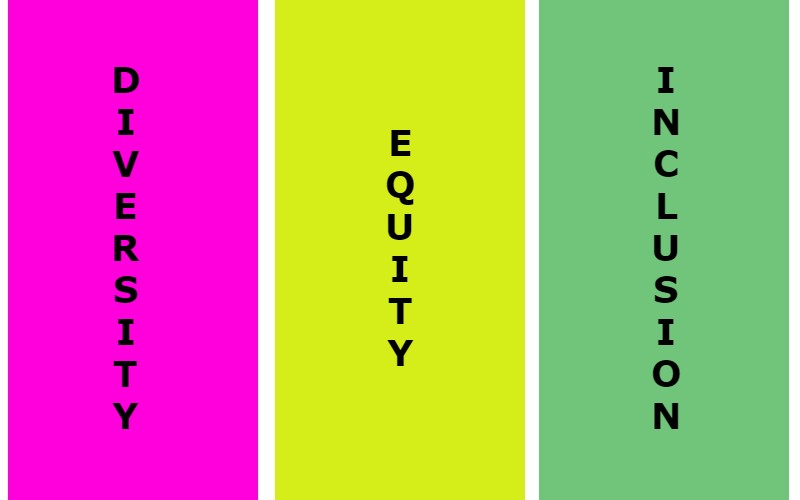The course – called "Queer Cinema: Form & Fantasy" – is taught by the Women, Gender and Sexuality Studies Program at the University of New Mexico. The course will reportedly teach students about "queerness" in terms of "filmic structure." Among other topics, students will read about and discuss "lesbian vampires."
AFN talked with Dr. Zachary Marschall, editor-in-chief of Campus Reform – who happens to have a cinema studies degree from NYU.
"I would say this class is problematic because film courses are supposed to teach one of two things: one, either how to work in the film industry, which is a huge business; or two, understand film as an art and work toward becoming an artist. Either of the two are perfectly fine careers," he shares.
"This course, however, seems to be more of a self-satisfying course for the instructor and for the department because it doesn't attend to either of those two ambitions."

But Marschall finds it even more problematic that this course is being taught at a public university, which means taxpayers are funding a course about a professor's personal desires when it comes to what she wants to look at on a screen.
He acknowledges that professors and teaching assistants (TAs) have personal preferences of what movies they want to watch – and they may use those preferences in forming their syllabi. "Which is fine to an extent," Marschall offers. "But then it's not appropriate when it dominates how they construct their syllabi."
The syllabus for "Queer Cinema," he argues, never gets out of a complete preoccupation with gender and sexuality – an example of letting one's personal preferences run away with how they design a curriculum for students. "And that," Marschall concludes, "is not something that helps students learn or develop within the film studies discipline."
Campus Reform reports that students who finish the course will allegedly be able to "[d]emonstrate the importance of gender, race, ethnicity, and class in the formation of sexual identities and representations." The listed faculty member for the course is Eva Hayward, who also teaches at the University of Arizona.














